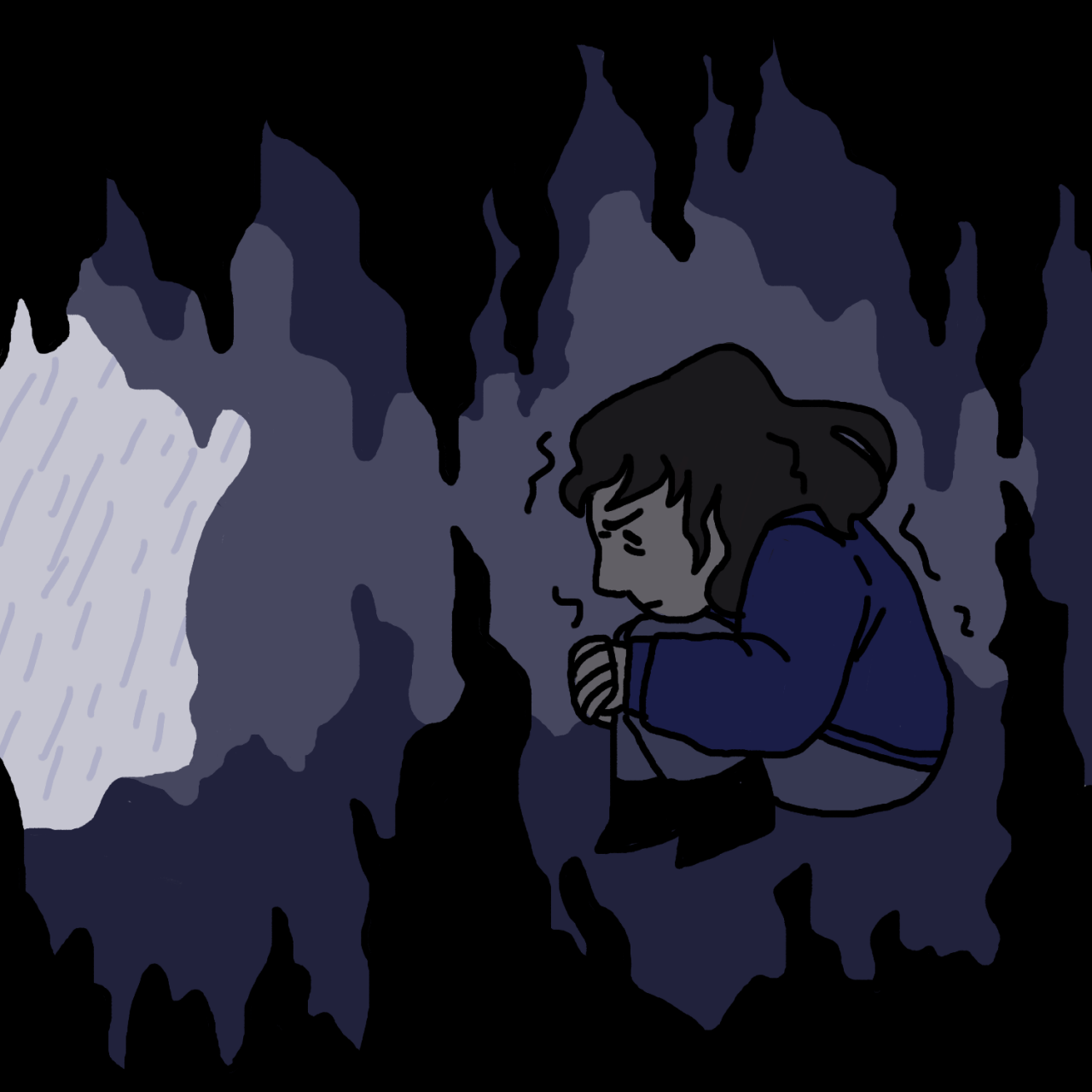You open your eyes as slowly as you can in the morning and stare at the wall across from your bed. You’ve been sleeping a lot more than usual lately, but no matter how much sleep you get, you still feel mentally, physically and emotionally exhausted all the time.
Each day seems exactly the same as the one before, and when you look back at the weeks that have passed, it all feels like a gray blur. Moving — or doing anything, really — feels like it takes immense effort. Things that used to interest you don’t seem to bring you the same amount of joy as they used to, and you find yourself bailing on plans with friends to stay home and lie in bed.
If this sounds at all familiar, keep reading. Depression is one of those funny things where you know what it is and you know that it’s fairly common (it’s estimated to be the leading cause of ill health and disability worldwide), but it still doesn’t feel like something that can happen to you. “I’m just having a bad day,” you’ll say, or ”I’m just sad right now because I got a bad grade on my test.” But when the sadness begins to stick around a little too long and starts interfering with aspects of your daily life, that’s when you know it may be time to seek help.
College students are highly susceptible to depression, and one of the most common forms it takes is seasonal affective disorder. This occurs when the body’s circadian rhythms (essentially, the brain’s normal sleep schedule) are negatively affected by the shorter days and longer nights that come in the fall and winter months. The body overproduces melatonin, the hormone that causes sleepiness, because there are not enough hours of strong sunlight during the day to counter its production, leading to a persistent feeling of fatigue and sleepiness. The fact that the fall and winter months are some of the hardest academically of the school year exacerbates this, with students spending hours at a time in the library studying for midterms or writing papers. The combination of stress and the reduced hours of sunlight creates the perfect storm, so to speak, for seasonal affective disorder or seasonal depression.
Seasonal depression can present itself differently in different people, making it hard sometimes to spot among friends and even harder to spot in yourself. Some of the most common symptoms include increased feelings of stress and anxiety, lowered mood or increased sadness, irritability and an increased need for sleep. However, while these symptoms may seem obvious, others can simply seem like normal college experiences, such as increased cravings for junk food (especially carbohydrates!), impaired school performance (depression can cause focus and memory issues) and even getting sick a lot. Depression isn’t just mental. A depressed or lowered mood can depress the immune system as well, and lack of vitamin D from reduced levels of sunlight can contribute to an impaired immune system. This can potentially lead to lots of viral infections, such as colds, the flu, bronchitis or pneumonia.
Conversely, since viruses are more easily spread during colder winter months when humidity is lower, recurring health problems can also factor into seasonal depression. I remember being largely mentally and emotionally impacted by how often I got sick during the winters of my freshman and sophomore years, as being ill made trivial things like going to class and doing homework feel like monumental tasks. I was frustrated with both my body and my mind for not doing what I needed them to, and instead of letting myself rest and recover, I continued to try to “do it all” at the detriment of my grades and mental health.
Seasonal affective disorder doesn’t have to be a big, scary concept. It can happen to anyone, and it’s important to check up regularly not only on your friends but yourself as well. Don’t wait until you feel as if you are “bad enough” to get help; Trinity offers free counseling, and there is absolutely no shame in needing a little help to be the happiest and the most successful you can be.






